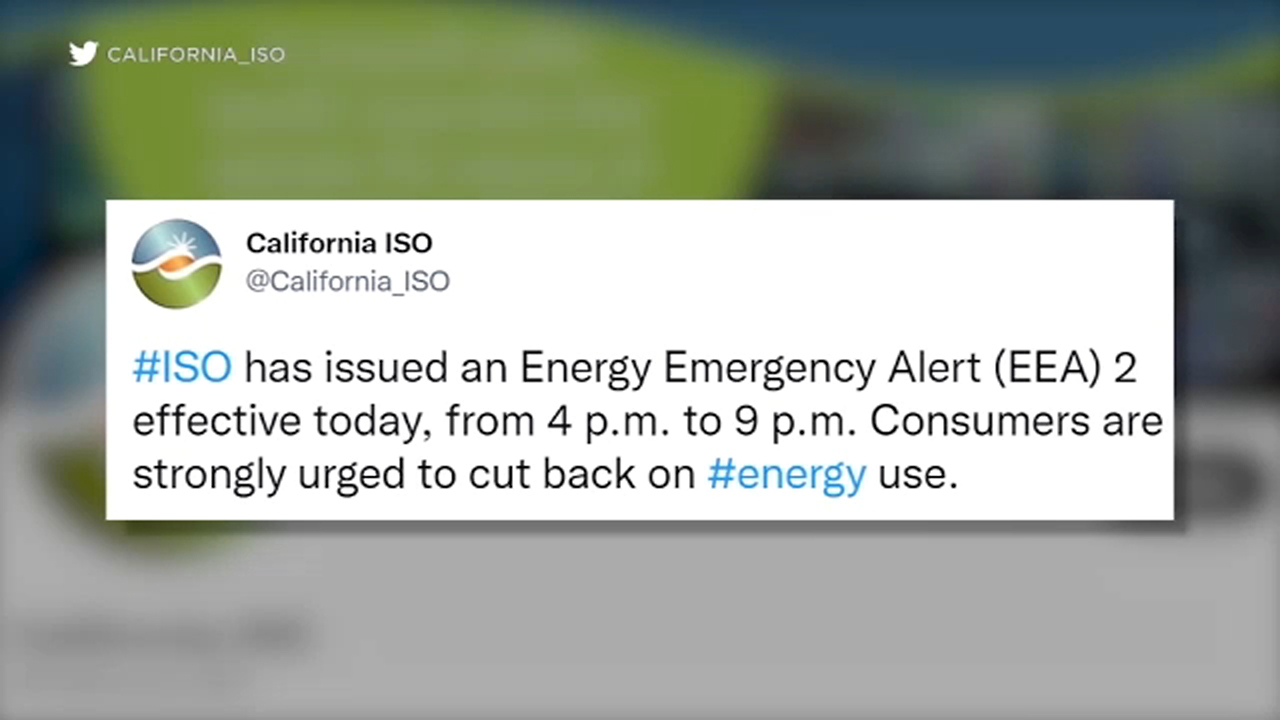The Ongoing Battle: Car Dealers Vs. EV Mandates

Table of Contents
Dealer Concerns Regarding EV Mandates
The rapid push towards electric vehicle adoption through government mandates presents significant challenges for car dealerships. These challenges span financial investments, sales uncertainties, and potential disruptions to established business models.
Investment Costs and Infrastructure
Dealerships face substantial upfront costs to adapt to the EV era. This includes investing in charging infrastructure, training mechanics in EV repair and maintenance, and upgrading showrooms to showcase and effectively sell electric vehicles. These investments can be particularly burdensome for smaller dealerships with limited capital.
- Lack of government support for infrastructure upgrades: Many dealerships struggle to secure funding for installing EV charging stations, which are crucial for attracting and servicing EV customers.
- Difficulty securing financing for EV-related investments: Banks and financial institutions may be hesitant to provide loans for these specialized upgrades, particularly without guarantees of a sufficient return on investment in the EV market.
- High training costs for technicians: EV mechanics require specialized training to diagnose and repair electric vehicle components, adding to the overall cost of adaptation.
Sales Impact and Inventory Management
Lower consumer demand for EVs in certain markets creates a significant hurdle for dealers mandated to sell a specific percentage of EVs. This discrepancy between mandate and market reality can lead to substantial financial losses. The logistical complexities of managing both traditional internal combustion engine (ICE) vehicles and EVs also pose considerable challenges.
- Varying consumer preferences across regions: Consumer adoption rates of EVs differ significantly based on factors such as electricity prices, charging infrastructure availability, and consumer awareness.
- Difficulty predicting EV sales: Accurate forecasting of EV sales is challenging, making it difficult for dealerships to manage their inventory effectively and avoid overstocking or shortages.
- Potential for unsold EV inventory: If consumer demand does not meet mandated sales targets, dealerships may be left with unsold electric vehicles, leading to financial losses.
Loss of Control and Franchise Agreements
EV mandates often dictate sales targets and operational changes, potentially infringing on the autonomy of dealerships and impacting existing franchise agreements. Dealerships fear the loss of control over their businesses and the potential for decreased profitability.
- Disputes over compliance deadlines: Dealerships may struggle to meet stringent deadlines for EV sales targets and infrastructure upgrades, potentially leading to conflicts with manufacturers and regulatory bodies.
- Negotiating fair compensation for EV sales targets: Dealerships require fair compensation for meeting EV sales targets, especially considering the additional costs associated with EV sales and servicing.
- Potential for franchise agreement termination: Failure to meet EV mandates could lead to penalties or even the termination of franchise agreements, resulting in significant financial losses and business disruption.
Arguments in Favor of EV Mandates
Despite the challenges faced by car dealerships, the arguments in favor of EV mandates are compelling and focus on environmental sustainability, economic benefits, and energy security.
Environmental Benefits and Sustainability
EV mandates are a cornerstone of efforts to mitigate climate change and improve air quality. By accelerating the transition to electric vehicles, governments aim to significantly reduce carbon emissions and create a more sustainable transportation system.
- Reduced greenhouse gas emissions: EVs produce zero tailpipe emissions, contributing significantly to reduced greenhouse gas emissions and combating climate change.
- Improved public health outcomes: Reducing air pollution from internal combustion engines improves public health, particularly in urban areas.
- Contribution to global sustainability goals: The widespread adoption of EVs is crucial for meeting international agreements and targets aimed at reducing greenhouse gas emissions and promoting sustainable development.
Economic Growth and Innovation
The transition to electric vehicles is a significant economic opportunity. It fuels innovation, creates jobs across various sectors, and strengthens national competitiveness in a rapidly evolving global market.
- Job creation in renewable energy sectors: The EV industry supports job creation in manufacturing, battery production, charging infrastructure development, and related technological advancements.
- Boost to the domestic economy: Investment in EV infrastructure and technology stimulates economic growth and boosts domestic manufacturing.
- Development of cutting-edge technologies: The push for EV technology fosters innovation and technological advancements in battery technology, electric motors, and other related areas.
Energy Security and Independence
Increased EV adoption reduces reliance on fossil fuels, enhancing energy security and independence. The shift to electricity also promotes the development and utilization of renewable energy sources.
- Reduced reliance on foreign oil: Transitioning to electric vehicles reduces dependence on foreign oil imports, improving national energy security.
- Increased energy independence: Developing domestic renewable energy sources to power electric vehicles enhances energy independence and reduces vulnerability to global energy market fluctuations.
- Promotion of sustainable energy solutions: The adoption of EVs encourages the development and utilization of renewable energy sources like solar and wind power.
Finding a Balance: Collaboration and Compromise
A collaborative approach is vital to ensure a smooth transition to a future dominated by electric vehicles. Governments and dealerships must work together to address concerns and create a supportive environment for this transformation.
Government incentives and support for dealer infrastructure upgrades are crucial. Phased implementation of mandates allows dealerships time to adapt and prepare for the changes.
- Government subsidies for charging station installation: Financial assistance can alleviate the burden of installing charging infrastructure for dealerships.
- Tax credits for EV purchases: Incentivizing consumers to purchase EVs increases demand and helps dealerships manage their inventory effectively.
- Extended deadlines for compliance: Allowing dealerships more time to adjust to the new regulations reduces the pressure and allows for a more gradual transition.
Conclusion
The ongoing battle between car dealers and EV mandates reflects the complex challenges of transitioning to a sustainable transportation future. While dealerships have valid concerns regarding investment costs and market uncertainties, the environmental benefits and economic opportunities of EV mandates are undeniable. A collaborative approach, combining government support with industry cooperation, is crucial to achieving a balance that supports dealerships while accelerating EV adoption. Continued dialogue and proactive solutions addressing the concerns around EV mandates are vital for a successful transition to a cleaner and more sustainable transportation system. Let's work together to find solutions that address the concerns of car dealerships while achieving the goals of the EV mandate.

Featured Posts
-
 Understanding The Railway Station Man His Role And Importance
May 25, 2025
Understanding The Railway Station Man His Role And Importance
May 25, 2025 -
 Dreyfus Affair Proposed Posthumous Honor For A Wronged Officer
May 25, 2025
Dreyfus Affair Proposed Posthumous Honor For A Wronged Officer
May 25, 2025 -
 Naomi Kempbell Provokatsionnye Snimki V Glyantsevom Izdanii
May 25, 2025
Naomi Kempbell Provokatsionnye Snimki V Glyantsevom Izdanii
May 25, 2025 -
 Glastonbury Festival 2025 Olivia Rodrigo And The 1975 Join The Lineup
May 25, 2025
Glastonbury Festival 2025 Olivia Rodrigo And The 1975 Join The Lineup
May 25, 2025 -
 Anchor Brewing Shuttering Whats Next For The Iconic Brewery
May 25, 2025
Anchor Brewing Shuttering Whats Next For The Iconic Brewery
May 25, 2025
